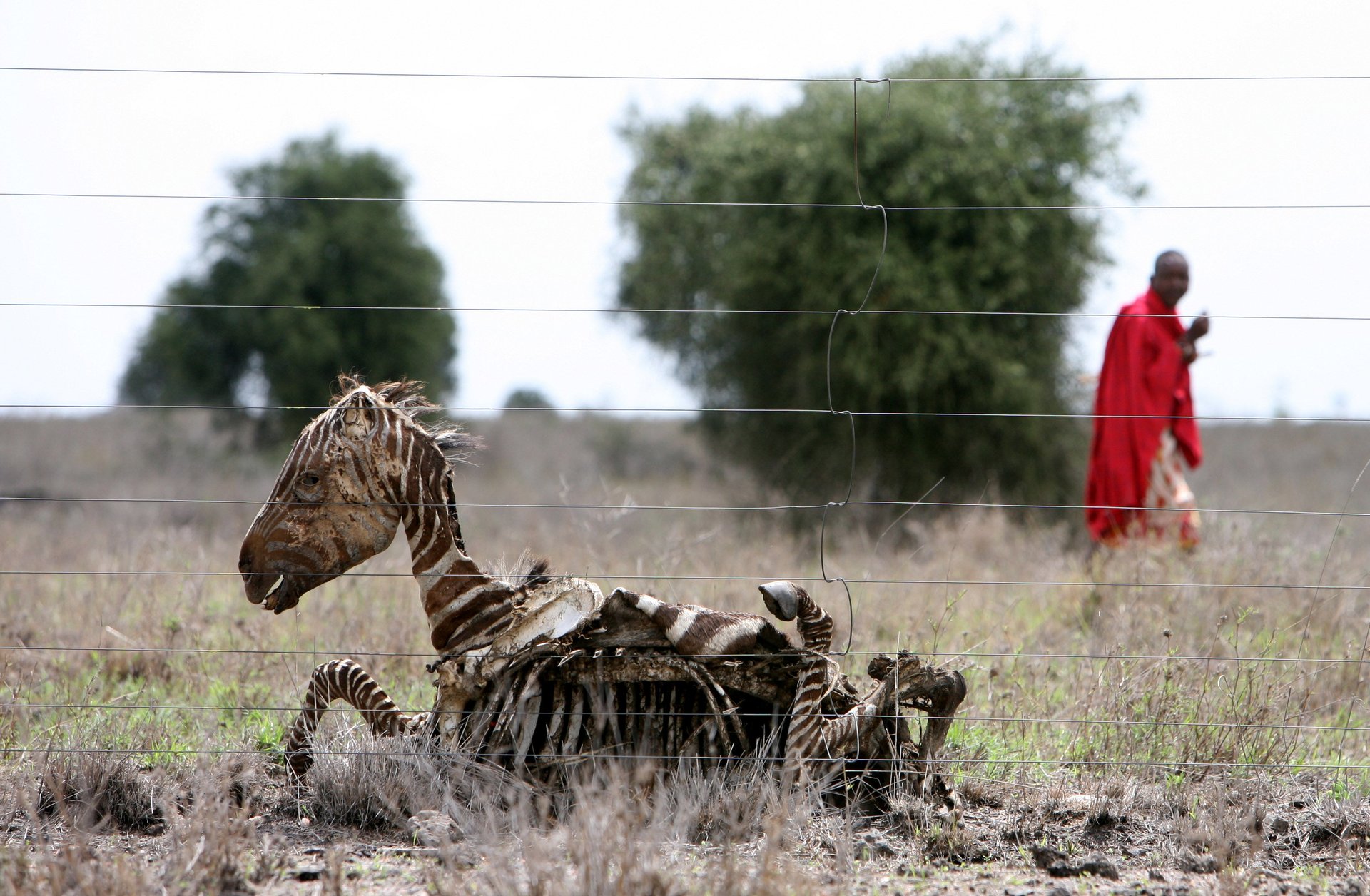Covid made Africa the saddest continent
If happiness was a commodity, then Africa would have amassed the least of it, especially during the covid-19 pandemic where many Africans found nothing to smile about in their daily lives.


If happiness was a commodity, then Africa would have amassed the least of it, especially during the covid-19 pandemic where many Africans found nothing to smile about in their daily lives.
In the pre-pandemic period, talk of ‘Africa Rising’ dominated global narratives but the virus containment measures enforced by governments across the continent meant constrained business activity and loss of livelihoods. This is despite the fact that Africa had the lowest covid-19 deaths compared to the rest of the world.
Those two factors, according to both the 2022 (pdf) and 2021 World Happiness Report (pdf), made Africa the saddest continent as more families started to worry where to get the next meal.
Cases of mental stress and depression became more evident as family bread winners got retrenched during the pandemic. The continent has lost 13.5 million (pdf) jobs so far from 2020 largely as a result of the pandemic.
Most African countries are in the bottom of the World Happiness Index
In the latest index that analyzed 150 countries across the world only nine African countries made it to the top 100, with a huge percentage of the remaining 50 coming from Africa.
Parameters used by the researchers to determine how happy a country is are GDP per capita, social support, healthy life expectancy, freedom to make choices, generosity, and perceptions of corruption where has Africa scored consistently low since the first edition of the report 10 years ago.
Mauritius has the second highest GDP per capita ($25,043) in Africa after Seychelles ($35,272), which was not included in the study. Libya is fourth ($18,345) while Burundi, which was also not included in the study, has the lowest ($856).
Zimbabwe, which was the lowest ranking African country of the 40 accessed at position 144 of 150 is in the midst of economic turmoil that has seen prohibitively high rates of inflation.
On average there has been a long-term moderate upward trend in stress, worry, and sadness in Africa and a long-term decline in the enjoyment of life. This has led to a general reduction in happiness across all 40 African nations surveyed in 2021 compared to 2020.
“The increases in anxiety and sadness were positively related to the incidence of covid-19 itself,” says the study.
The researchers interviewed at least 1,000 people in each African country and put into consideration specific daily emotions, both positive and negative, to better track how covid-19 had altered their lives.
Unemployment, insecurity, hunger, inflation, and poor health services are also making Africans sad
Apart from covid-19, other factors that are making Africans unhappy are unemployment, insecurity, inflation, and poor health systems which push out 15 million people into poverty as a result of high costs every year. In 2020, 21% of the African population was facing hunger.
Unemployment during the pandemic is associated with a 12% decline in life satisfaction and a 9% increase in negative effect globally. For labor market inactivity, these figures are 6% and 5%, respectively.
For the young, life satisfaction has fallen globally, while for those over 60, it has risen. This can be explained by the desire by the youth to realize their dreams faster in economies ravaged by the pandemic. Worry and stress have risen by 8% in 2020 and 4% in 2021 compared to pre-pandemic time.
The study relies on the Gallup World Poll which asks questions on the experience of your life being in balance, feeling at peace with your life, experiencing calm for a lot of the day, preferring a calm life to an exciting life, and focus on caring for others or self.
While majority of people in almost every country prefer a calmer life to an exciting one, that preference is no higher in Asia than elsewhere. However, it is particularly high in Africa, where a lot of uncertainty is rife.
The true measure of social progress is the happiness of citizens and when that happiness can be measured, governments can know what causes it.
“Given this knowledge, it is now possible for policy-makers to make people’s happiness the goal of their policies,” says the report.
Finland, Denmark, Iceland, Switzerland, Netherlands, Luxembourg, Sweden, Norway, Israel, and New Zealand are the world’s top 10 happiest countries.
The World Happiness Report is written by a group of independent experts sponsored by Sustainable Development Solutions Network (SDSN), CSD at Columbia University, the Centre for Economic Performance at LSE, the Vancouver School of Economics at UBC, the Wellbeing Research Centre at Oxford, and Simon Fraser University.